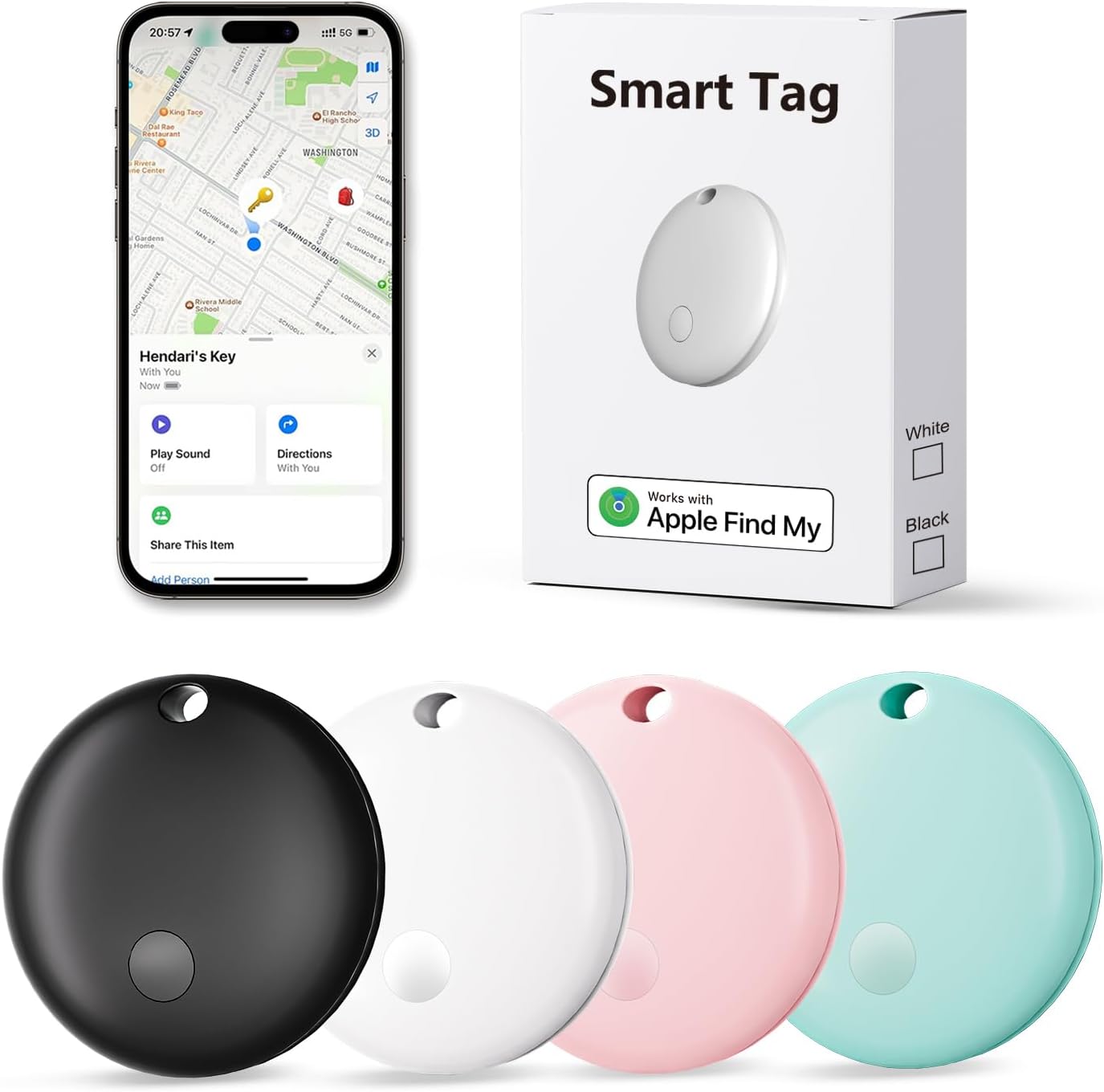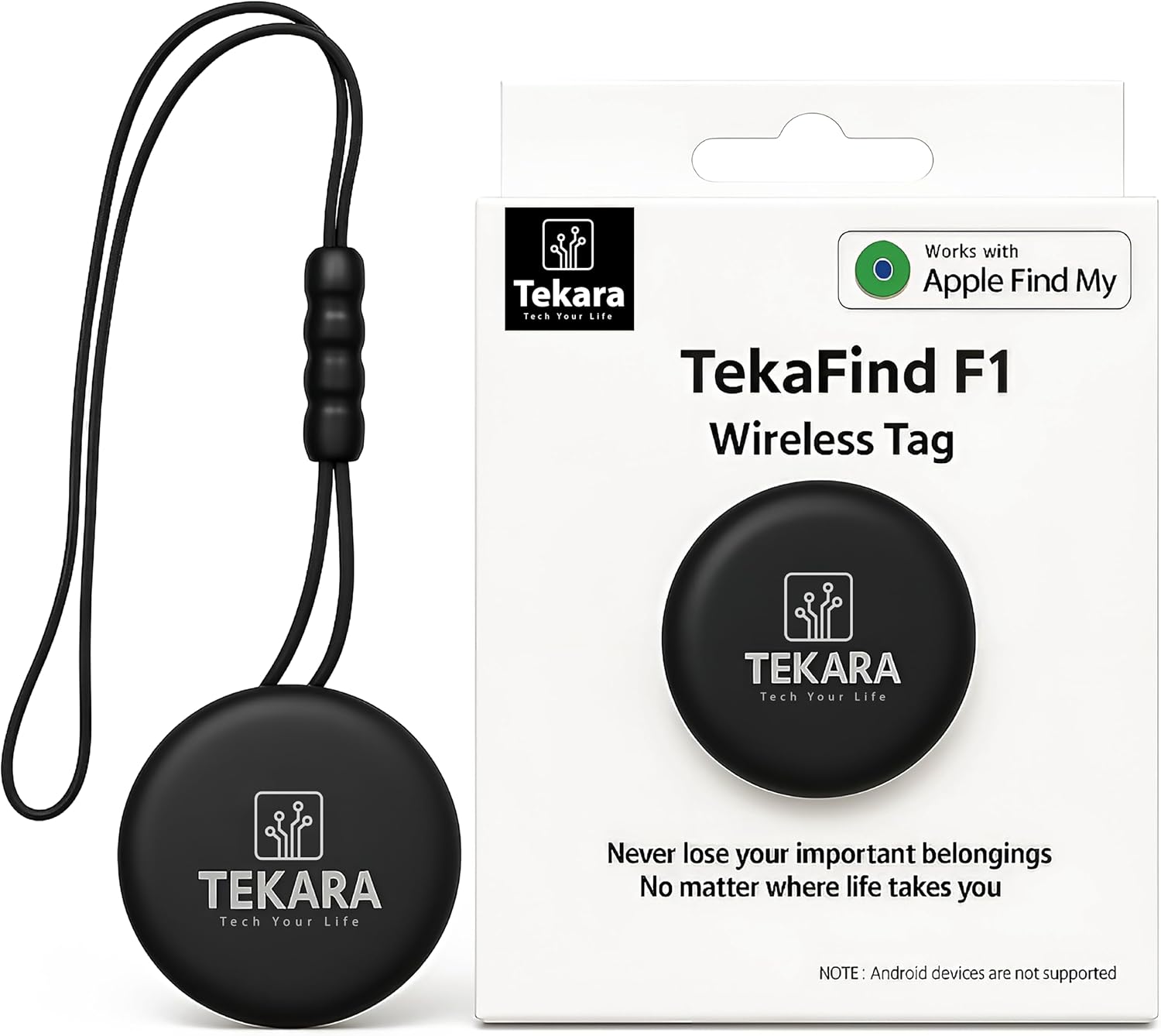
IATA Launches Global Baggage Roadmap
The International Air Transport Association (IATA) launched a 10-year Global Baggage Roadmap to modernize baggage operations. Developed with airlines, airports, and industry partners, the roadmap sets a clear path to improve both operational efficiency and traveler satisfaction.
“Baggage is important for travelers. When they check a bag, they expect it to arrive on time. And if it doesn’t, they want to know where it is. That is confirmed by recent IATA polling showing 81% of travelers want better tracking, 74% expect real-time updates on their mobile phones and 67% are willing to switch to electronic bag tags. The Global Baggage Roadmap will move us closer to the automated digital baggage services that travelers want,”
said Monika Mejstrikova, IATA’s Director of Ground Operations.
The Roadmap is built around three pillars:
- Baggage Information Exchange and Data Standardization to align how baggage information is shared among airlines, airports, and partners. For passengers, replacing legacy systems like teletype with modern messaging standards will mean faster baggage reconciliation, fewer delays due to data errors, and more reliable service recovery when issues arise. Driving transformation towards this new API-driven baggage messaging standard will significantly reduce the airline industry’s annual spending of USD 1 billion on teletype messaging.
- Baggage Tracking and Automation to provide visibility throughout the journey. This includes the use of electronic baggage tags, GPS tracking, and robotics that will enable passengers to track their bags in real time and experience smoother transfers and arrivals.
- Streamlining the baggage claim process, combating fraud, and enhancing the customer experience so airlines can resolve passenger’s claims faster and have better protections from baggage-related fraud.
“This Roadmap will consolidate the progress of previous initiatives to modernize baggage processes and take a holistic view of where we need to be in 10 years. With the buy-in of all stakeholders we are better placed than ever to improve traveler satisfaction by delivering the digital, automated, and customer-focused service that they get in many other sectors,”
said Mejstrikova.
The Global Baggage Roadmap aligns with IATA’s broader efforts to modernize ground operations, enhance safety, and improve the passenger experience.
Real-Time Baggage Tracking: Where Airlines Stand Today
A growing number of airlines are already embracing tracking technology to meet rising passenger expectations. Apple’s AirTag and other Bluetooth or GPS-enabled devices have pushed airlines to respond with digital baggage visibility and policies that support personal trackers.
Several major carriers currently offer or support real-time baggage tracking through their apps or allow electronic bag tags:
- Delta Air Lines: Offers real-time baggage tracking via its app using RFID tags on checked bags, allowing passengers to receive push notifications at each step.
- United Airlines: Provides tracking through its mobile app and supports Apple AirTag use.
- American Airlines: Offers baggage tracking in its app and does not restrict personal tracking devices.
- Lufthansa: Was one of the early adopters of electronic bag tags and also allows Bluetooth trackers like AirTag.
- Air France-KLM: Supports the use of AirTags and provides tracking information via their app.
- Qatar Airways and Emirates: Permit personal tracking devices and have expressed interest in more digital baggage services.
- Alaska Airlines: Also supports digital tracking and encourages the use of electronic bag tags like BAGTAG.
These advancements not only reduce mishandled luggage but also enhance passenger confidence and experience, especially during layovers or international connections.
As more airlines and airports adopt IATA’s roadmap, passengers can expect broader compatibility with personal tracking devices, better integration of real-time baggage data into apps, and smoother claim processes when disruptions occur.
Besides Enhancing Baggage Operations, the International Air Transport Association (IATA) has outlined three more key priorities for ground handling, as announced at the 37th IATA Ground Handling Conference (IGHC) in Nairobi, Kenya.
- Embedding Safety in Every Action: IATA emphasizes the importance of safety in ground operations. By incorporating ground-related fatalities into their global safety taxonomy, they aim to gain a clearer understanding of risks. Data from the Incident Data Exchange (IDX) and Accident Data Exchange (ADX) programs have led to updates in the Ground Operations Manual, including clearer no-touch zones, mandatory brake checks, and improved pushback procedures. The adoption of Enhanced Ground Support Equipment (GSE) with proximity sensors is also being promoted to enhance ramp safety.
- Driving Global Standardization: Standardized procedures are crucial for safe and efficient operations. IATA encourages the use of the Ground Operations Manual (IGOM) and the IATA Safety Audit for Ground Operations (ISAGO) to ensure consistency across the industry.
- Building a Sustainable and Inclusive Way Forward: IATA is focusing on sustainability by promoting the use of environmentally friendly equipment and inclusive practices within ground handling operations, and has already mentioned
- Enhancing Baggage Operations: Efforts are being made to modernize baggage handling, including the implementation of real-time tracking, transitioning to electronic bag tags, and improving messaging standards to streamline processes.
These initiatives aim to enhance safety, efficiency, and sustainability in ground handling operations worldwide. IATA will work closely with stakeholders to develop implementation guidance, provide training, and monitor progress.












